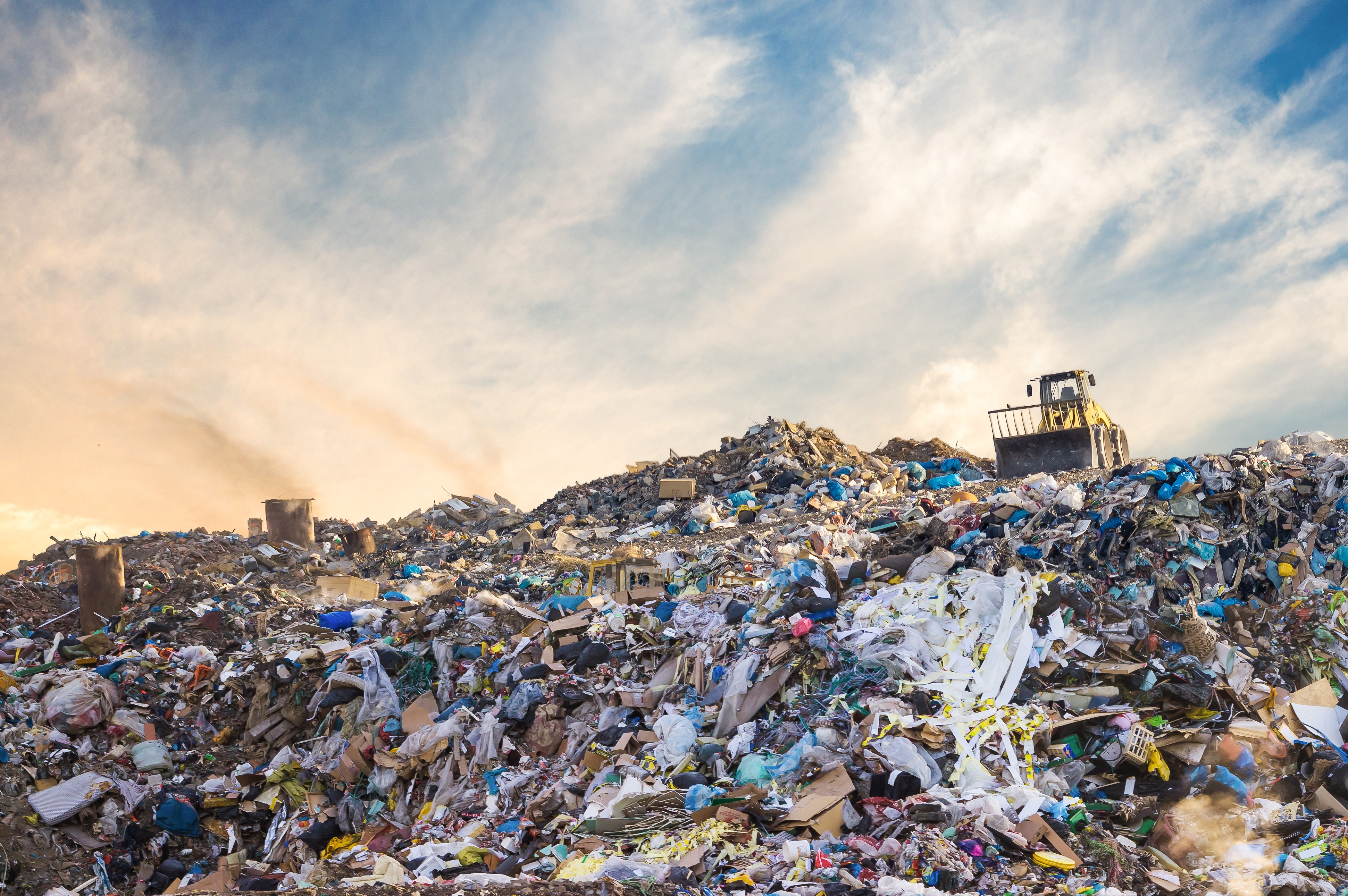$1.68 million from NSF granted to "ECO-CBET: Integrated Biochemical and Physicochemical Process to Recover Critical Metals from Municipal Solid Waste in Landfills" for collaborative research

We have been throwing away treasure, according to Purdue EEE/ABE Professor Caitlin Proctor.
Proctor is a part of a collaborative research group looking to recover critical metals from landfills. The project recently received ~$1.68 million from the National Science Foundation (NSF). Headed by Purdue EEE/CE Professor, Amisha Shah, this project collaborates with researchers from Columbia University, Lafayette College, as well as other Purdue researchers like Proctor and EEE/CE Professor Inez Hua. A key aspect of the investigation is using water to collect and recycle precious materials.
Proctor’s contribution to the project includes exploring the use of microbes in leachate, the water that moves through a landfill, to aid in collecting these metals which will be filtered out and recycled.
Unfortunately, living things aren’t the easiest to handle. They often don’t cooperate, but Proctor is up for the challenge.
“There's so much potential in microbes to do things more sustainably. We could use less energy, put less out into the environment, and use fewer chemicals. Microbes can produce their own energy while working for us. There's just so much potential there that I'm excited to explore,” she says.
The project is in many ways exploratory, looking at feasibility and practicality, with hopes of expanding into industry standard practices. Regardless, like all we do at EEE, the end goal is a “more circular economy and sustainable future.”
Project Abstract: This project aims to develop the fundamental knowledge necessary to enable an innovative and integrated bio- and physico-chemical process that can effectively recover critical metals from municipal solid waste (MSW) landfills within associated leachates. Globally, over two billion tons of MSW are generated per year, with expected daily per capita waste increases of nearly 20% by 2050 from high income countries such as the US. This trajectory motivates our project vision to inform technical innovation and drive a paradigm shift in the way MSW and associated leachates are stewarded and ultimately re-envisioned and valued. Our fundamental advancements are necessary for prototyping innovative solutions in waste management and metals recovery, with potential for near term national impact and longer term impact in developing countries where waste production will likely triple over the next several decades. Project outcomes will foster informed decisions in how to recover and valorize critical materials from landfills—a process that can be powered by recycling and reusing landfill-generated methane—to ultimately impact grand challenge areas of reducing waste and curbing climate change. It will also provide the critical first steps of a research trajectory that will directly impact US national security interests and strengthen our economic competitiveness by extracting marketplace resources from landfill waste streams and thereby mitigate vulnerabilities to their supply chains. Such research will ultimately help enable a more circular economy and sustainable future.
